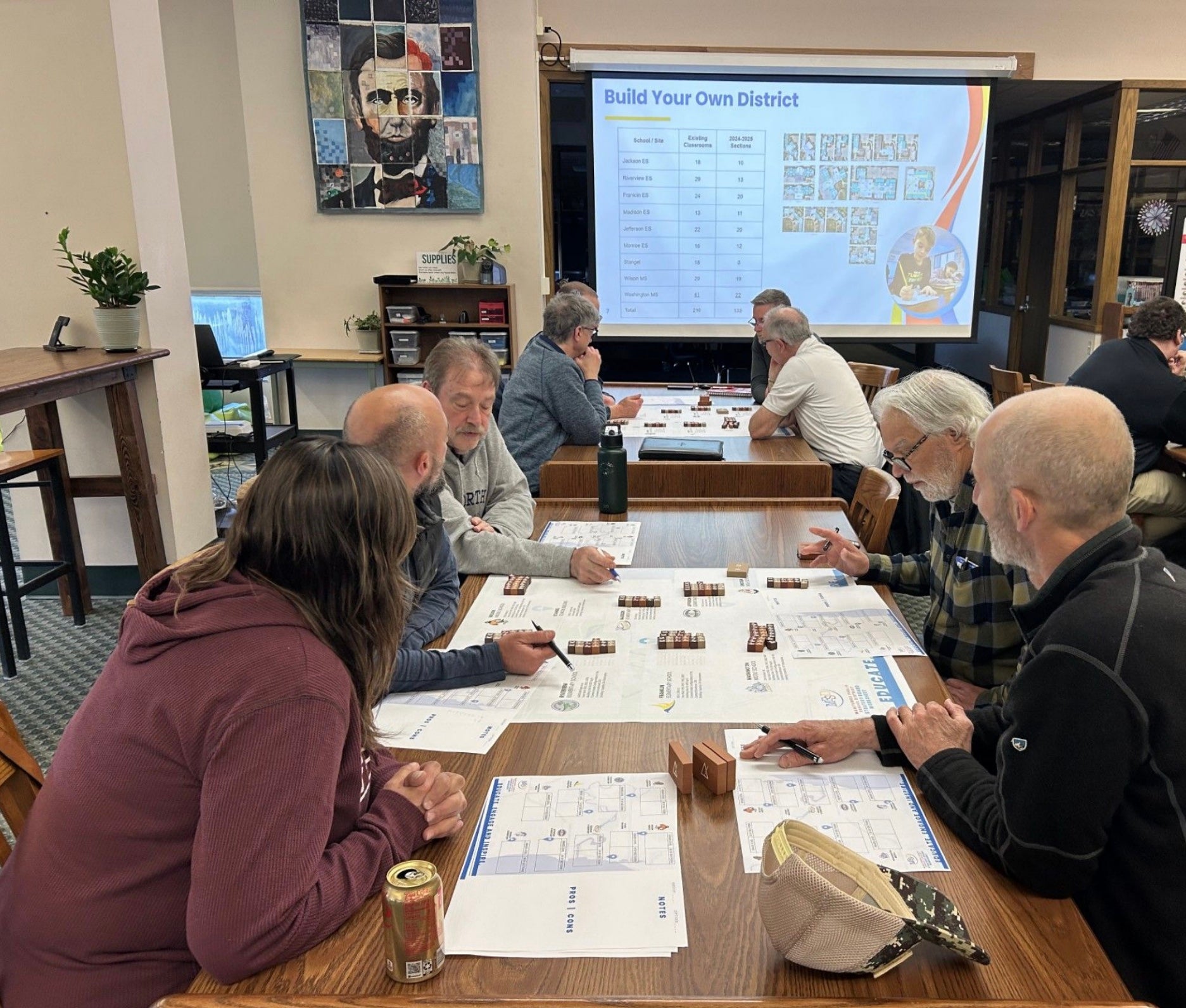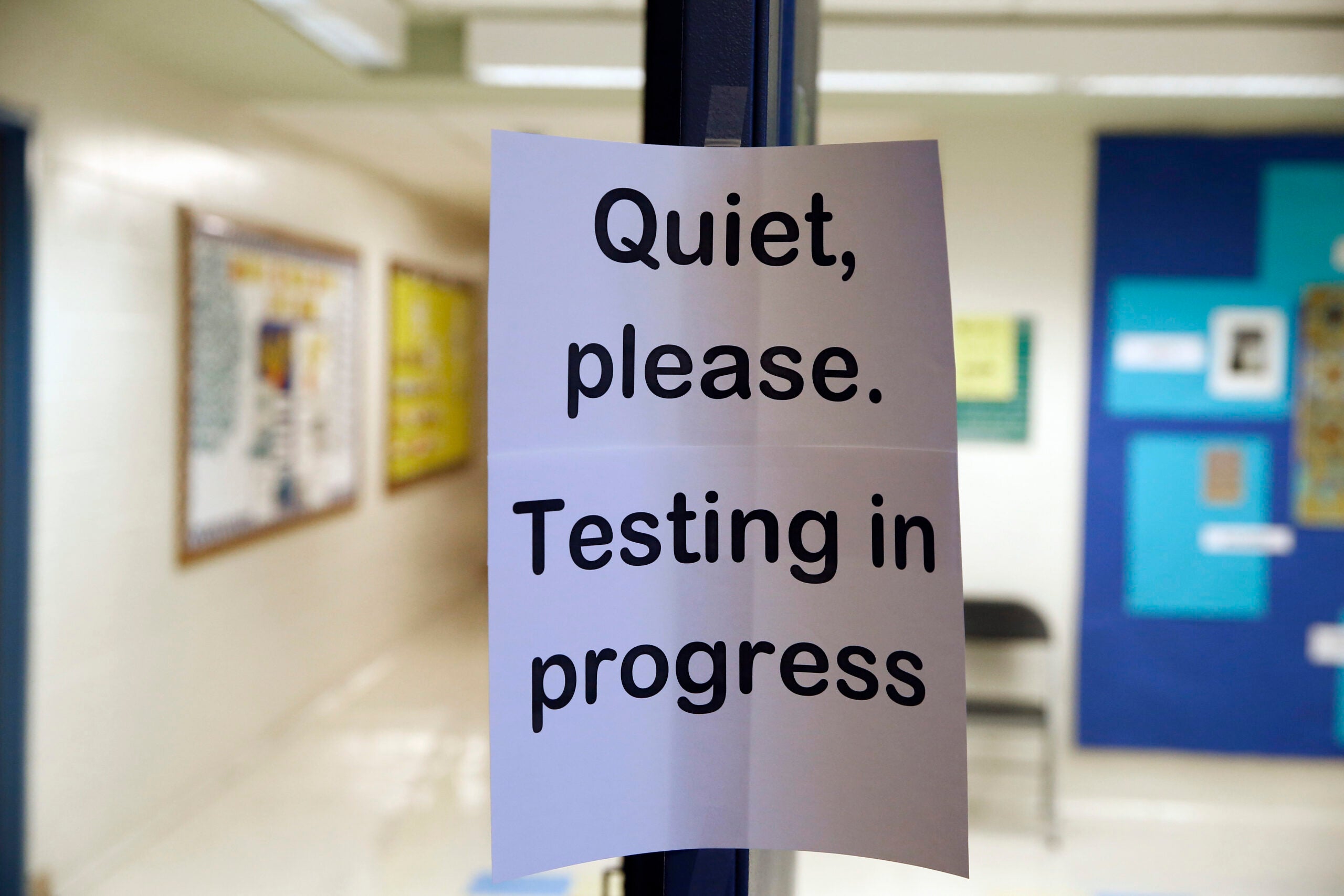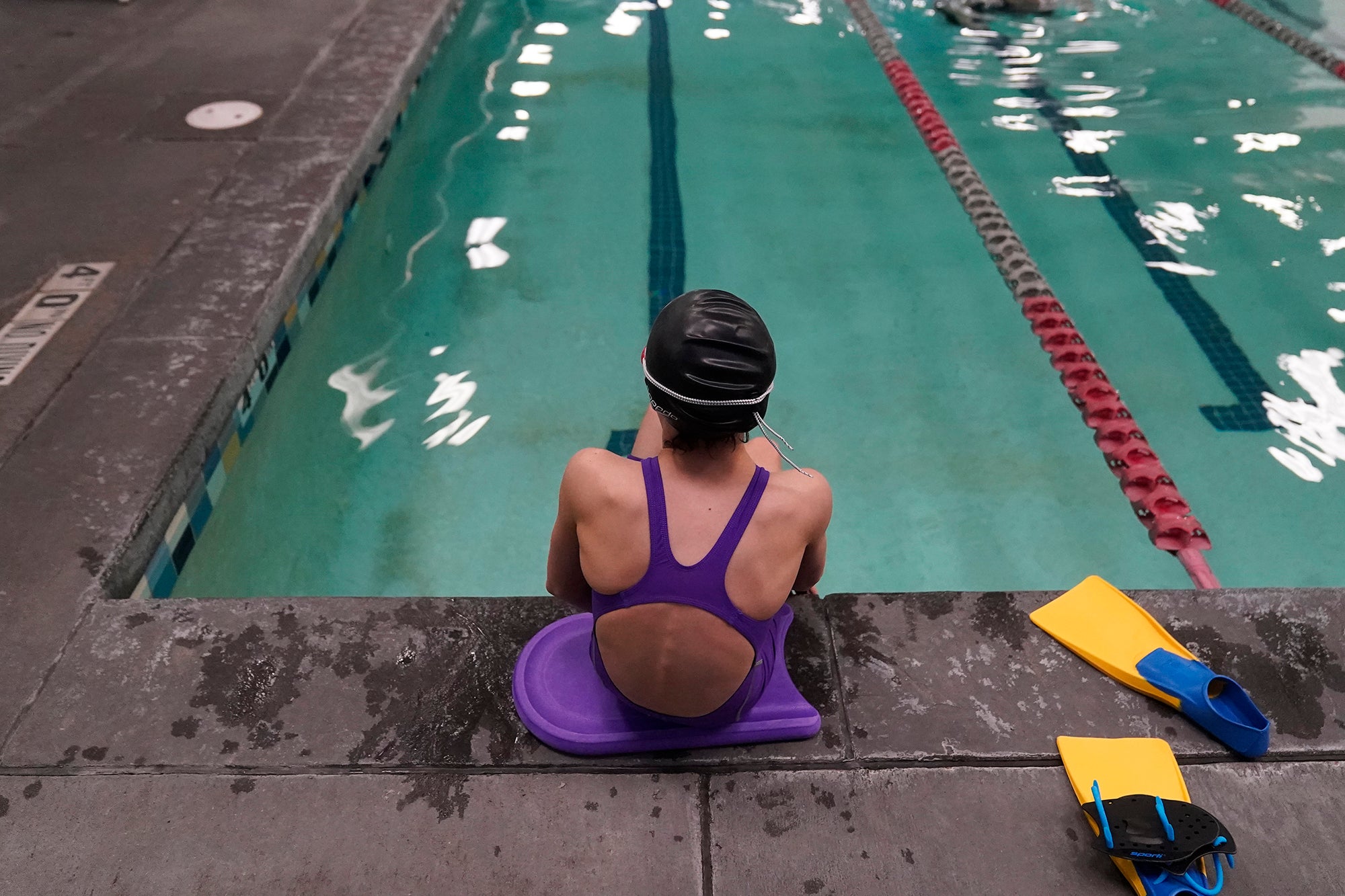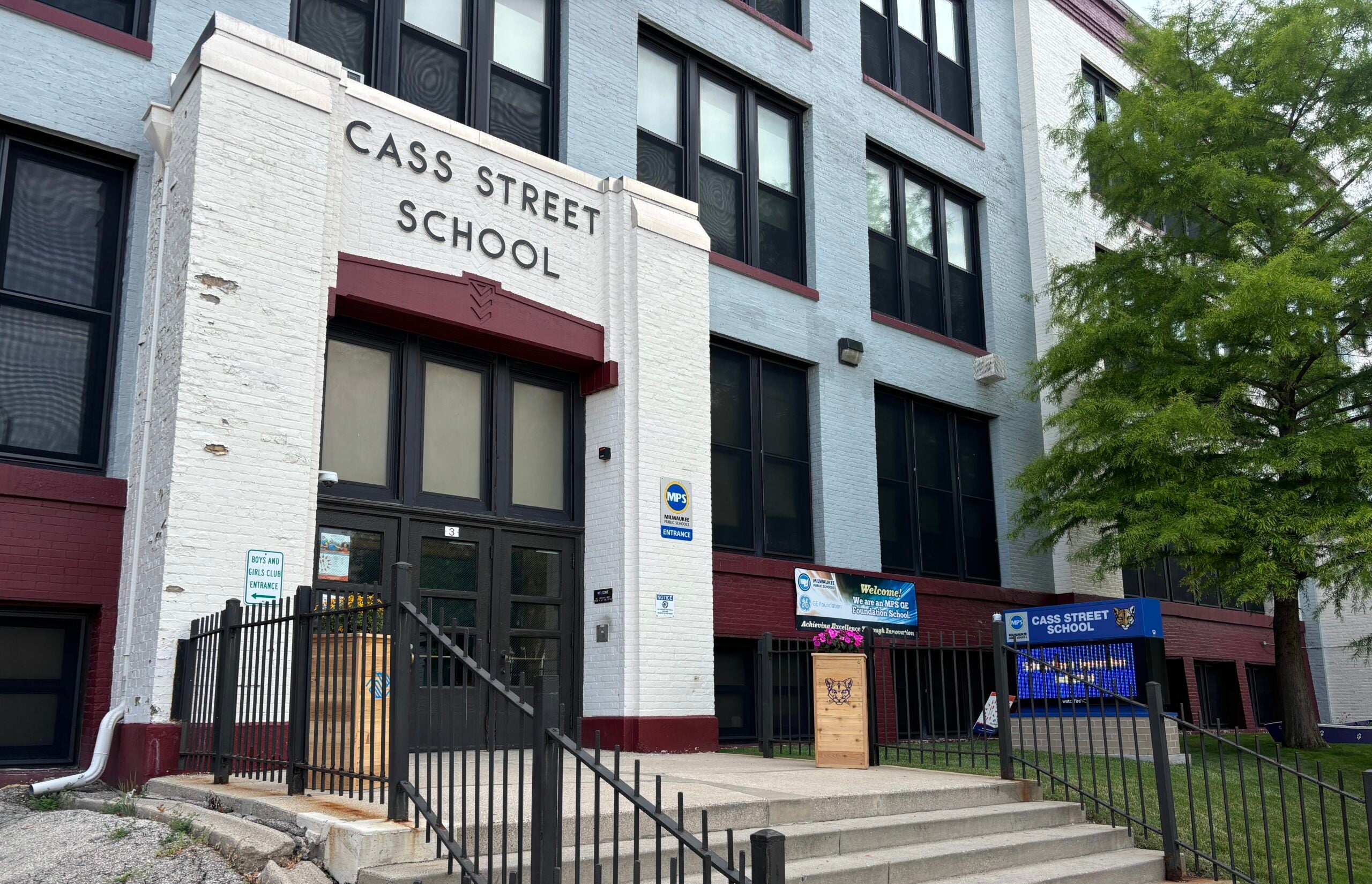The Barron County Sheriff’s Department is calling on high schools to begin drug testing students involved in extracurricular activities. The push follows an increase in underage kids being arrested for possession of methamphetamines.
Barron County Sheriff Chris Fitzgerald is working on a proposal for county high schools to begin random drug testing for any student involved in extracurricular sports and clubs. He said it’s about giving kids another reason to say “no” to drugs like methamphetamine.
Fitzgerald said Barron County led the state in meth submissions to the state crime lab last year and his department is seeing younger meth use than ever before.
News with a little more humanity
WPR’s “Wisconsin Today” newsletter keeps you connected to the state you love without feeling overwhelmed. No paywall. No agenda. No corporate filter.
“So the age of methamphetamine use is dropping,” said Fitzgerald. “We used to not have kids at the human services case load that were under the age of 18 on meth but in 2016 we had eight kids on the caseload that admitted meth use and they were under the age of 18.”
Fitzgerald still needs to submit his proposal to the county’s school boards, but he hopes to see every high school in Barron County begin drug testing by January. He said the tests would take saliva swabs from students, which would be less invasive than the traditional urine tests used before. Also, Fitzgerald said law enforcement wouldn’t be involved even if a student tests positive. He said the goal would be to get kids treatment, counseling them to get off drugs.
Fitzgerald said he knows the idea is controversial, but it would be worth it even if it keeps one student from using drugs.
“Meth costs us tens of thousands of dollars or jail or human services costs, and so we have to do this one person at a time, one kid at a time and I think this is a very inexpensive way to do that,” Fitzgerald said.
But Molly Collins, American Civil Liberties Union of Wisconsin deputy director, said drug testing high school students violates their rights.
“Students don’t surrender their privacy at the schoolhouse gate and just because courts have allowed schools to drug test students under some circumstances it’s still not the right thing to do,” said Collins.
In 2002, the U.S. Supreme Court ruled schools can randomly drug test students who voluntarily join extracurricular sports and clubs. Collins said just because the courts allow the practice doesn’t mean districts should test their students.
“These intrusions of their privacy are imposed on kids who have done nothing to arouse suspicion of drug use other than they’re on the football team or they’re in the chess club and the vast majority of tests come back negative,” said Collins. “So, you’re putting hundreds of innocent students through a humiliating procedure to detect a handful of drug users.”
Fitzgerald said he got the idea from a policy enacted nearly a decade ago at Superior High School. He said according to data from the school, around 160 students are randomly tested each year and around five test positive for drugs.
A request for comment to the school’s athletics director was not immediately returned.
While no database of schools who drug test students exists, many districts take part in the practice. Those include high schools in Crivitz, Kimberly, Menomonee Falls, Arrowhead, and De Pere.
In 2016, state Rep. Joel Kleefisch, R-Oconomowoc, proposed requiring all high school students participating in extracurricular activities to be randomly drug tested but ultimately backed off after Gov. Scott Walker and Assembly Speaker Robin Vos, R-Rochester, panned the idea.
Wisconsin Public Radio, © Copyright 2025, Board of Regents of the University of Wisconsin System and Wisconsin Educational Communications Board.







